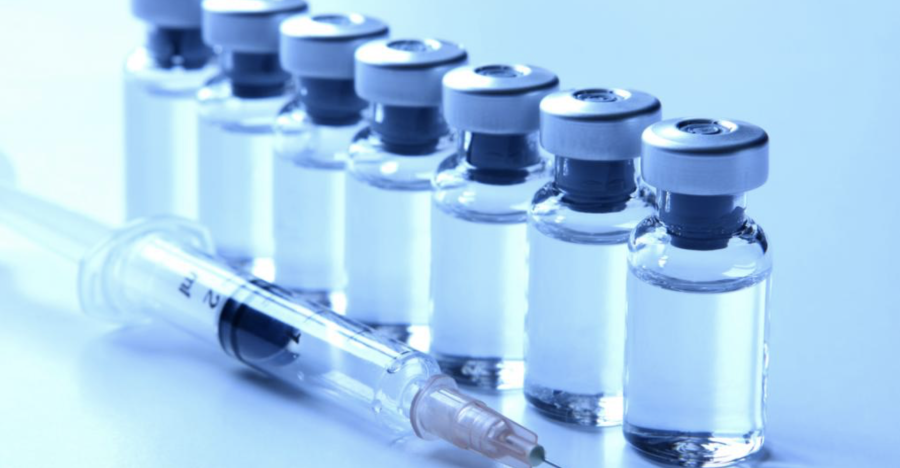Amidst a global pandemic, there seems to be a distant, perhaps too distant, beacon of hope to the billions of people around the world: a vaccine. However, much to most people’s dismay, creating vaccines is not exactly an overnight process. It takes much, much longer.
Currently, experts estimate that it will take anywhere from 12 to 18 months to create an efficient and proven vaccine and even longer to distribute it to everyone who wants one.
What goes into making a vaccine and why does it to so long, relatively speaking, to make one?
The SARS-CoV-2 virus, like other coronaviruses, has a single-stranded RNA genome, and because RNA is typically less stable than DNA, this enables it to mutate and evolve faster. Often times, as some predict with the novel SARS-CoV-2 virus, RNA viruses are able to jump from one species to another.
Vaccines work by mimicking the immunological response that is normally elicited when someone becomes ill but to a lesser extent. Most vaccines are a live but attenuated form of the virus that can make the body produce a repertoire of cells that can help fight the pathogen if infected later on.
Sometimes, as with the annual influenza vaccine, people who are vaccinated can still display some minor symptoms, but it’s nothing to be worried about.
Dr. Anthony Fauci, the director of the National Institute of Allergy and Infectious Diseases, has said that it is “more likely than not” that there will be another wave of coronavirus infections, possibly later in the year. This echoes the pressing need for creating a vaccine against the SARS-CoV-2 virus, and researchers around the world have already begun to step up to the batter’s box.
The Cambridge-based company, Moderna, announced “that the Phase 1 study is proceeding in accordance with the protocol under the direction of NIAID” and that “it is possible that under emergency use, a vaccine could be available to some people … in the fall of 2020.”
According to the Centers for Disease Control, there are six stages of typical vaccine development, including the exploratory stage, pre-clinical stage, clinical development, regulatory review and approval, manufacturing and quality control.
Typically, the longest stage is the clinical development phase since it is a three-step process.
After testing on animals, according to the CDC, phase I of clinical trials include small groups of people who are typically very healthy individuals with no underlying health conditions are given the vaccine. Phase II includes expanding the group who receives the vaccine to the intended target audience of the vaccine. During phase III, the vaccine is typically given to thousands of people and is further tested for its efficacy.
Interestingly enough, antibodies can work in adverse ways for some viral infections, including dengue fever, a mosquito-borne viral illness that is common in tropical areas around the world.
When a person becomes infected with dengue fever, they become a lot more at-risk to develop a more severe level of dengue fever if they happen to contract the virus for a second time. This is due to the low, but present level of antibodies that was produced during the first illness. What gives?
Immunologists argue that “low levels of antibodies cannot neutralize or kill the invading viruses. But they do bind to them and effectively usher them into susceptible cells, where the viruses then replicate.”
Because of this, the World Health Organization “recommends that the vaccine only be given to persons with confirmed prior dengue virus infection,” according to the CDC.
Given that the SARS-CoV-2 is currently a novel coronavirus, experts do not know if COVID-19 will behave similar to dengue fever or to most other viral illnesses.
The process for creating a vaccine usually takes years, but given the nature of the global pandemic, researches are working around the clock to expedite the process without compensating the efficacy and safety to any significant degree.
RELATED: What is herd immunity and can it help mitigate the spread of COVID-19?
By the time a stable vaccine is created and available to the public, herd immunity could have played a role in mitigating the effects of the virus since the virus needs a viable and non-immune host.
In the meantime, while researchers are working to create a vaccine and healthcare workers are on the front-lines treating ill patients, everyone else must absolutely continue to practice social distancing in order to reduce the risk of overwhelming the U.S. healthcare system.
Follow Amit Syal on Twitter









